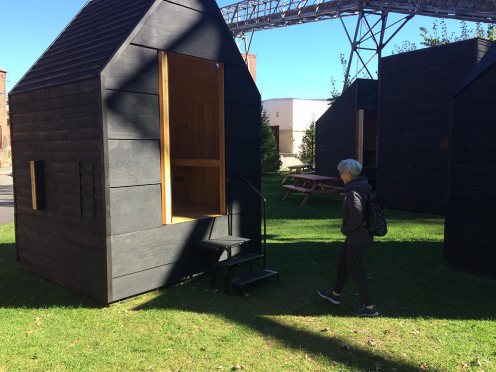One Man’s César Vallejo | Open Letters Monthly – an Arts and Literature Review
I lose contact with the sea
when the waters come to me.
Let us always depart. Let us savor
the stupendous song, the song expressed
by the lower lips of desire.
– César Vallejo
“Vallejo is a difficult poet to quote briefly because he writes with a kind of stutter: his thoughts are constantly breaking off, catching up with themselves late, contradicting. He demands the whole space of a poem to pull off his best effects. Those unable to read the second line of a poem without fully coming to terms with the first will have little truck with Vallejo. But this casual, idiosyncratic, endlessly creative course of expression is his innovation and his legacy.
Although a number of poets are translating or have translated all of Vallejo’s poetry into English, Clayton Eshleman is the first to have published the entirety of his work in a single volume. It’s no book for the squeamish. Vallejo is a violent writer in every sense. Thwarted and inherited loves, inspiring patriotism, a resentful standoff with God, the dream of perfect socialism, and a loving, brutal fuck with language lace his poems like loaded coils.” – John Cotter, from César Vallejo: The Complete Poetry, Edited and Translated by Clayton Eshleman
Source: One Man’s César Vallejo | Open Letters Monthly – an Arts and Literature Review
This posting is inspired by the following discovered at “Questa notte scendo da cavallo.. – César Vallejo at Vengodalmare







